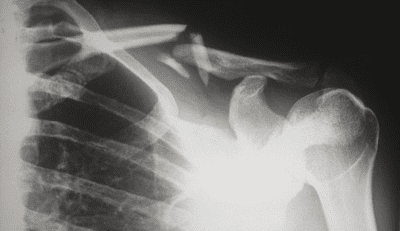Here Is How Mobile Apps Can Have A Positive Impact on the Readiness of Servicewomen
Here Is How Mobile Apps Can Have a Positive Impact on the Readiness of Servicewomen
It is common knowledge that in the military, mission operations use “readiness” as a risk reduction strategy. Extensive experience has shown us all that “dangers to personnel escalate as readiness declines.”
Although every department of the armed forces is aware of this, operational preparedness and manpower issues persist. The U.S. Department of Defense “needs to rebuild the readiness of the U.S. military and modernize its equipment and systems to confront future threats,” according to a study from the Government Accountability Office published in the end of 2020.
Of course, being ready also refers to how well-prepared our military members are for deployment. It might be difficult to make sure that every member of the armed forces has access to the correct military health data when deployments happen quickly or unexpectedly. Mission preparedness can deteriorate without rapid, reliable health and fitness data.
Because most health data is geared toward males and because women have specific needs prior to their deployment, access to medical data was a problem for servicewomen specifically, which led to decreased preparedness and missed working days.
In line with DoD’s goals for digitalization, the Defense Health Agency made the most of modern technology to remain ahead of the problem and consolidate data in a straightforward way.
The Deployment Readiness Education for Servicewomen (DRES) web application was designed and created in collaboration with Maximus and BlueWater by the Defense Health Agency.
The problem of women in the military not receiving the guidance or assistance they required in a timely fashion was recognized by DHA authorities as something that needed to be corrected.
The dynamic app, which offers innovative elements and material chosen with servicewomen’s requirements in mind, offers a model for how the army may use new technology and app development to significantly increase readiness across all branches of the military.
The app focuses on the three stages of deployment planning, actions taken while deploying, and cleanup. For instance, the “during deployment” portion covers topics like diet, remaining connected, mental health, and ways to communicate any unfavorable health conditions. The post-deployment phase offers information related to family planning, mental health options, and self and family reintegration.
The software closes a void in ease of access by making this information more easily accessible to servicewomen because this app was formerly spread across various areas and challenging to find.
What is even better is that women in the armed forces can easily access the information even while deployed in locations with poor or no internet thanks to the DRES app’s single location and installable version.
The DRES app has received favorable feedback, and it is now the most popular software in the Defense Health Agency app store, demonstrating how it can serve as a model for other DoD personnel. Since the app’s launch in 2022, it has benefited almost 75,000 servicewomen who are now on active duty and drastically decreased the number of missed duty days. The response from servicewomen has been overwhelmingly favorable, and many have expressed gratitude for being given precedence.




